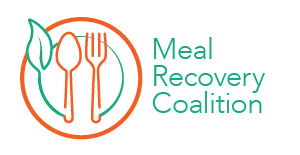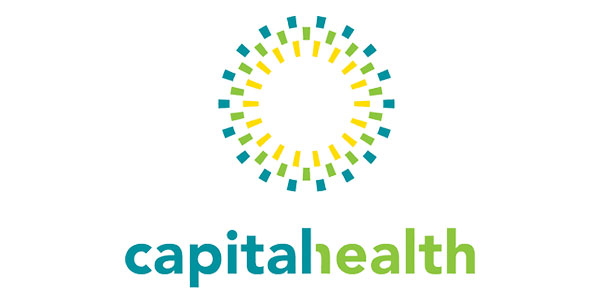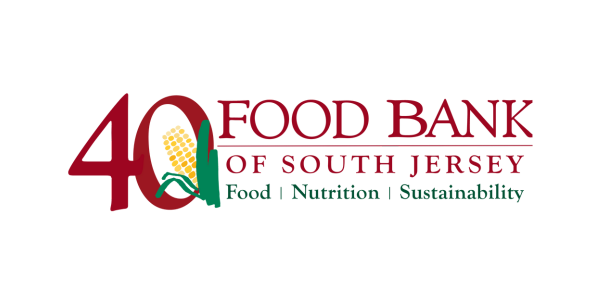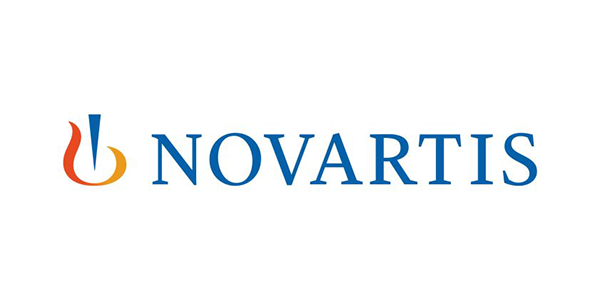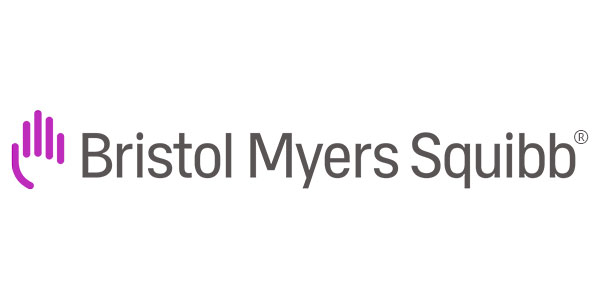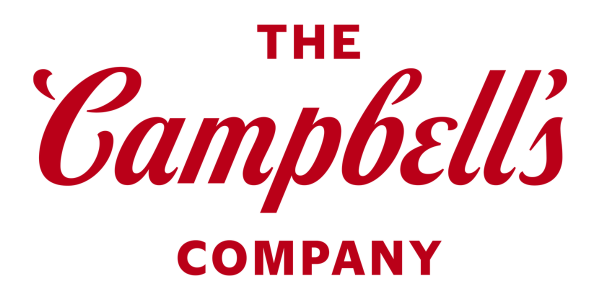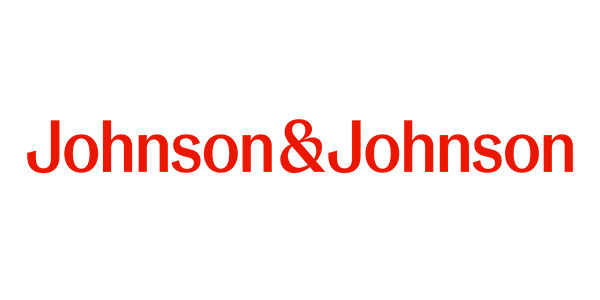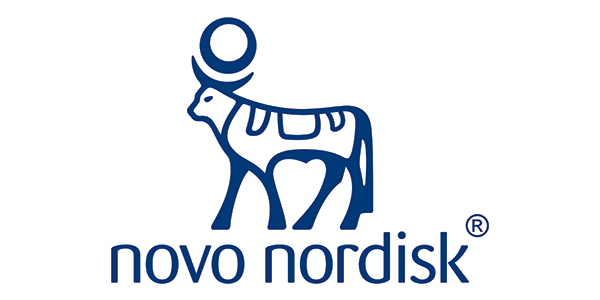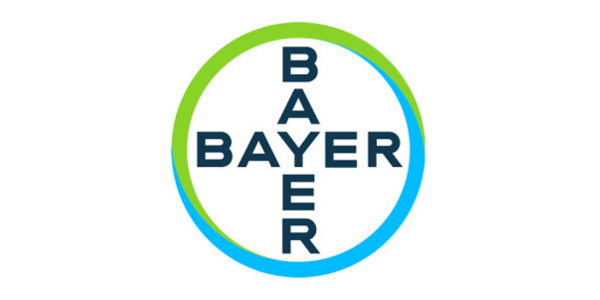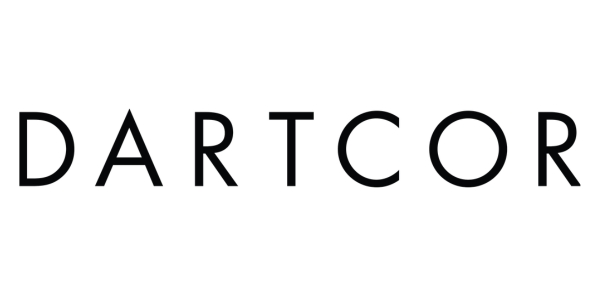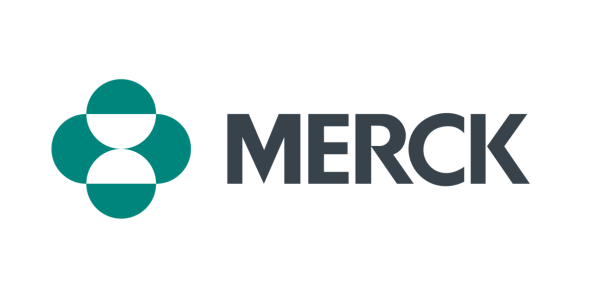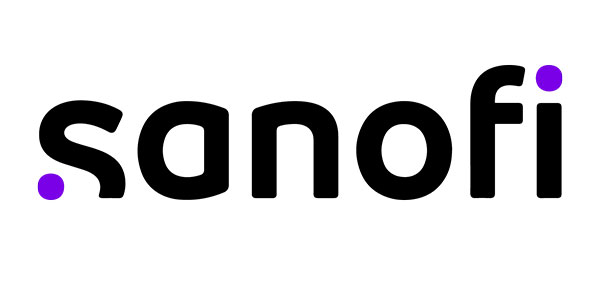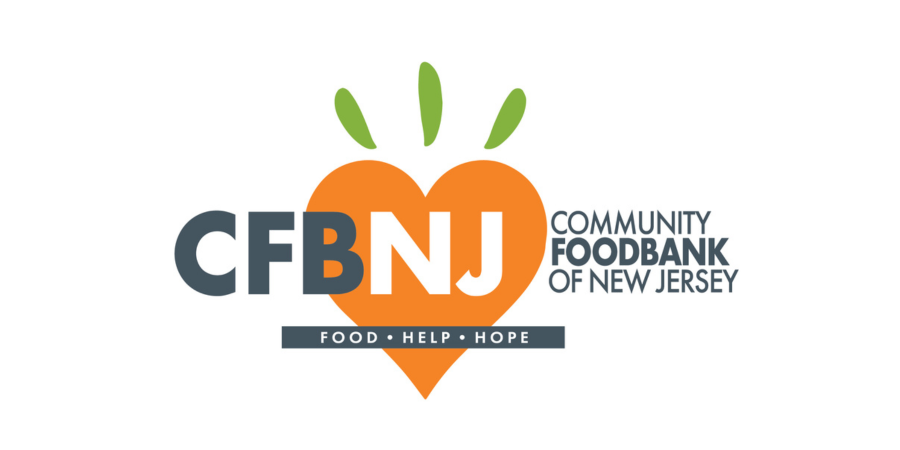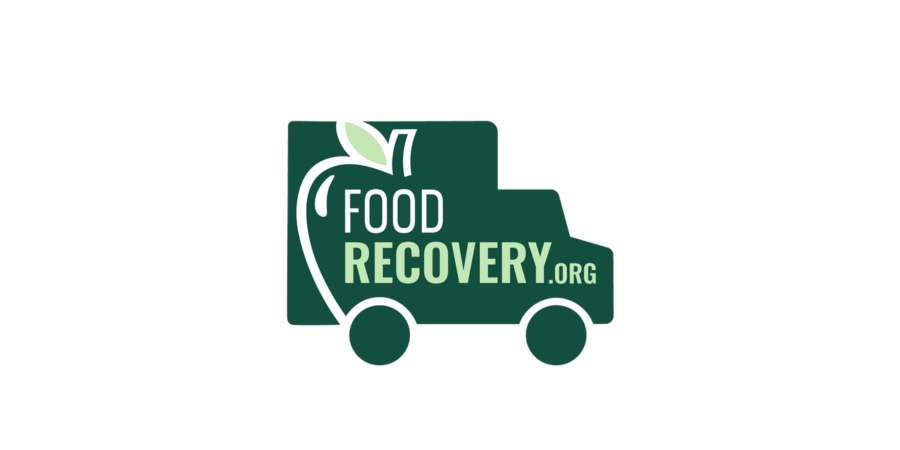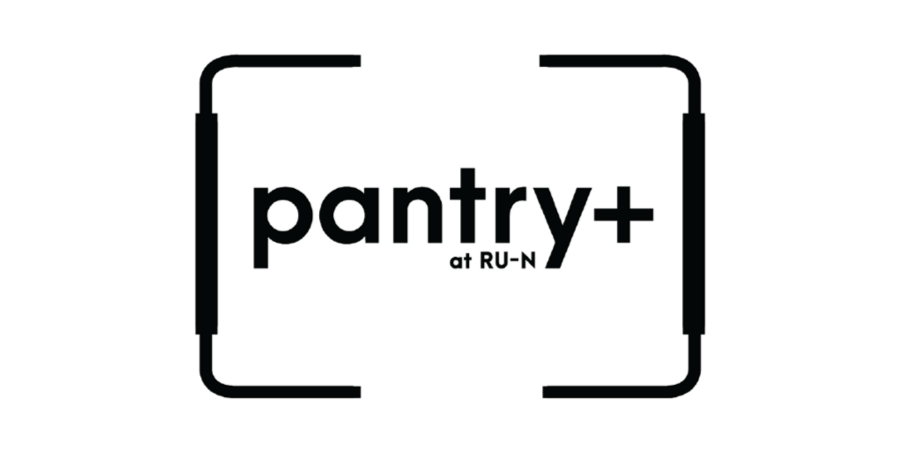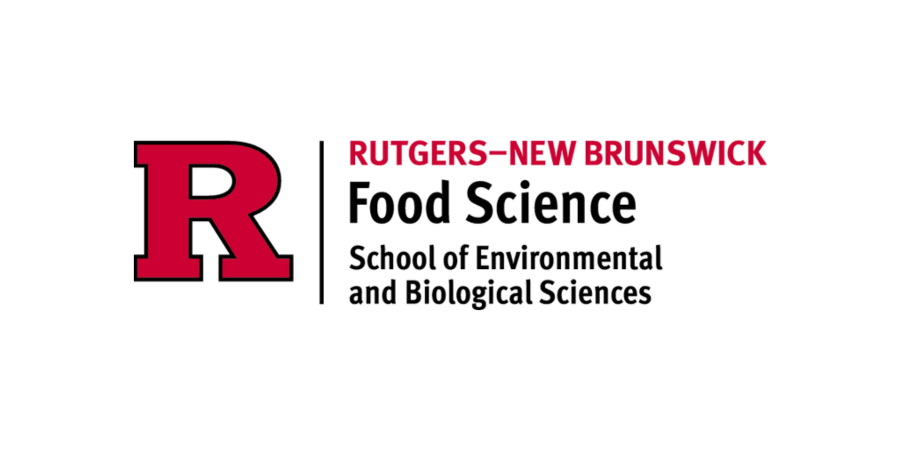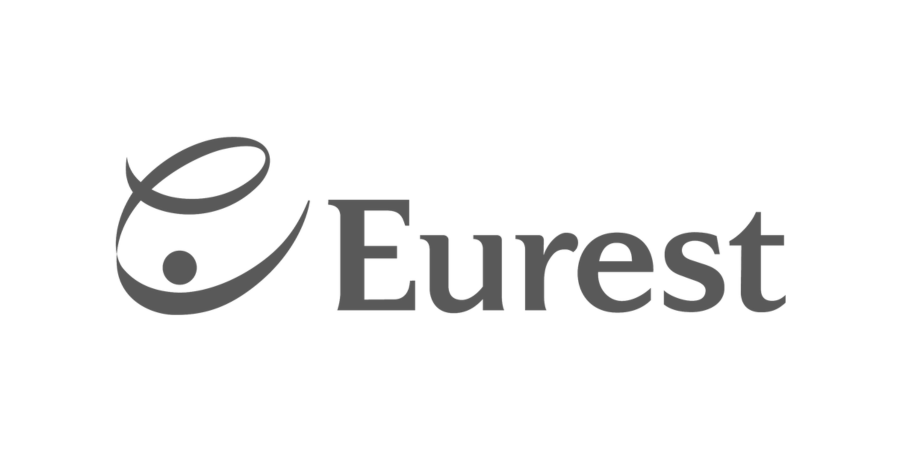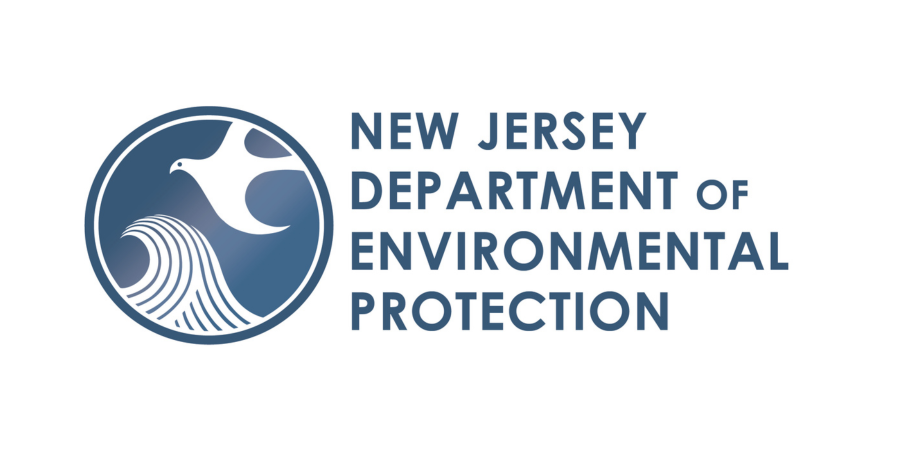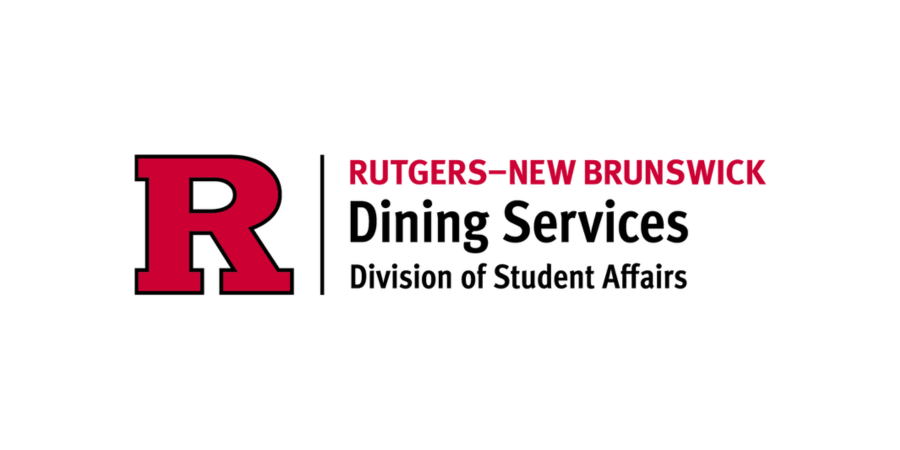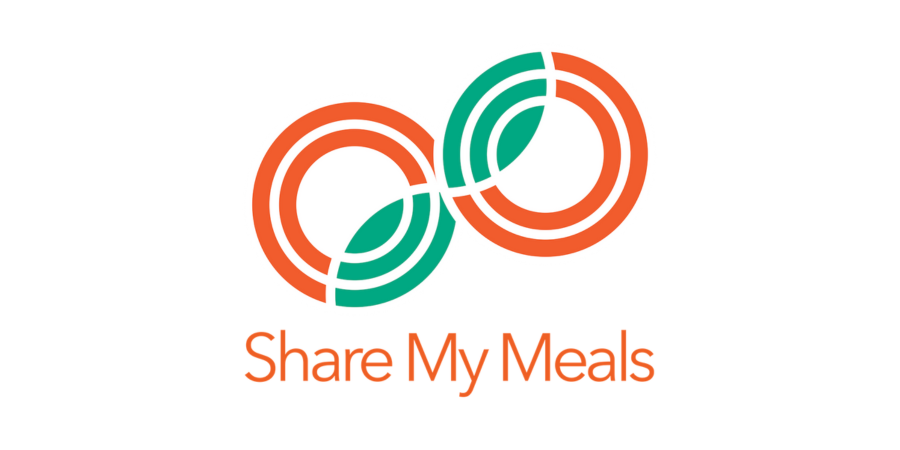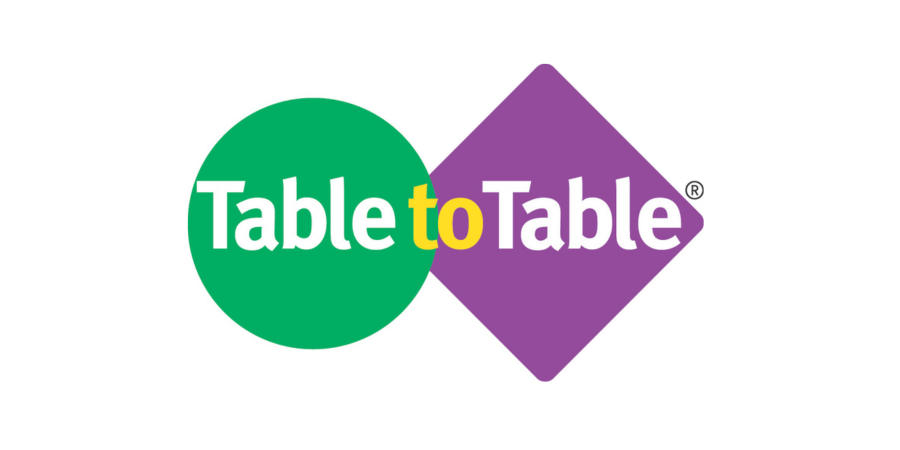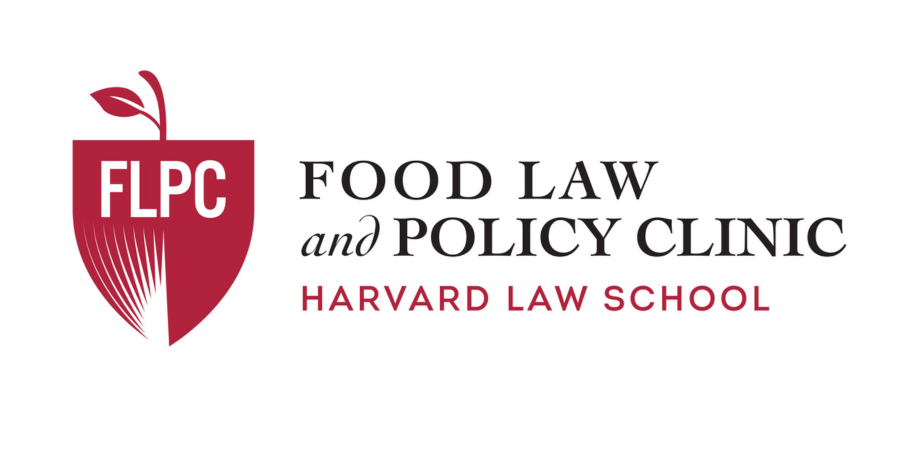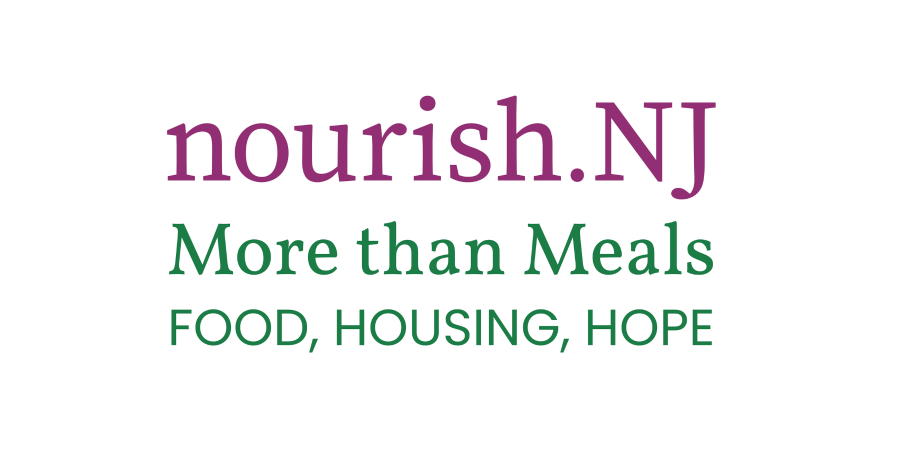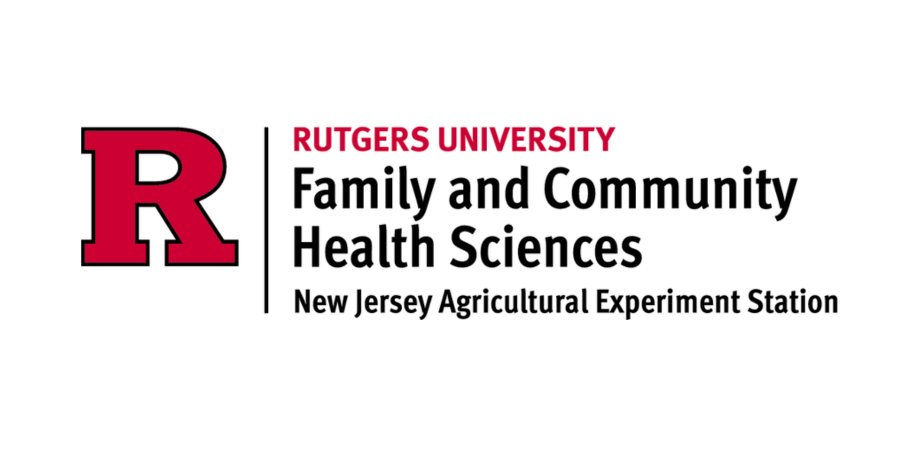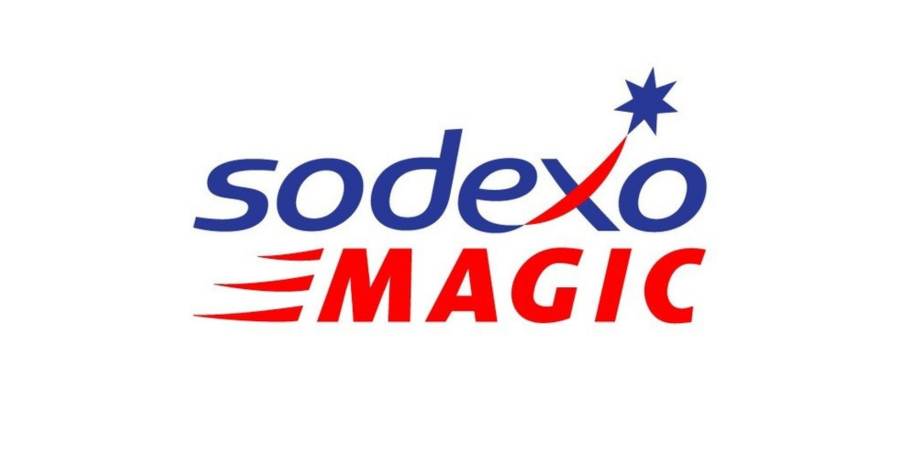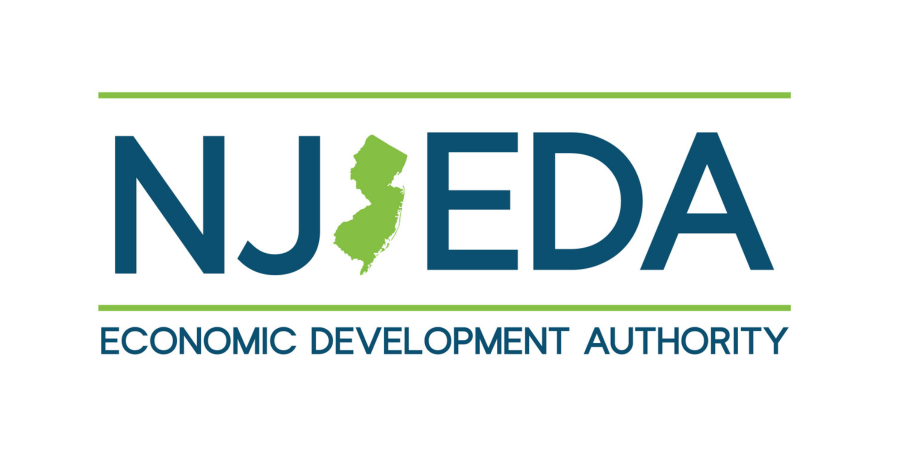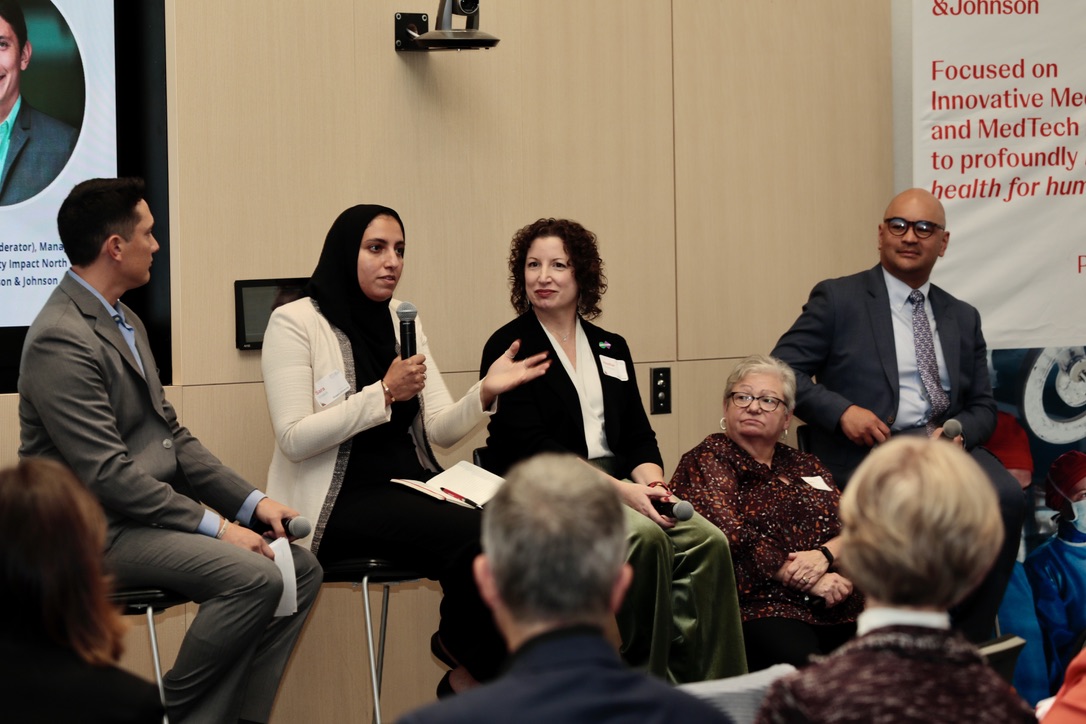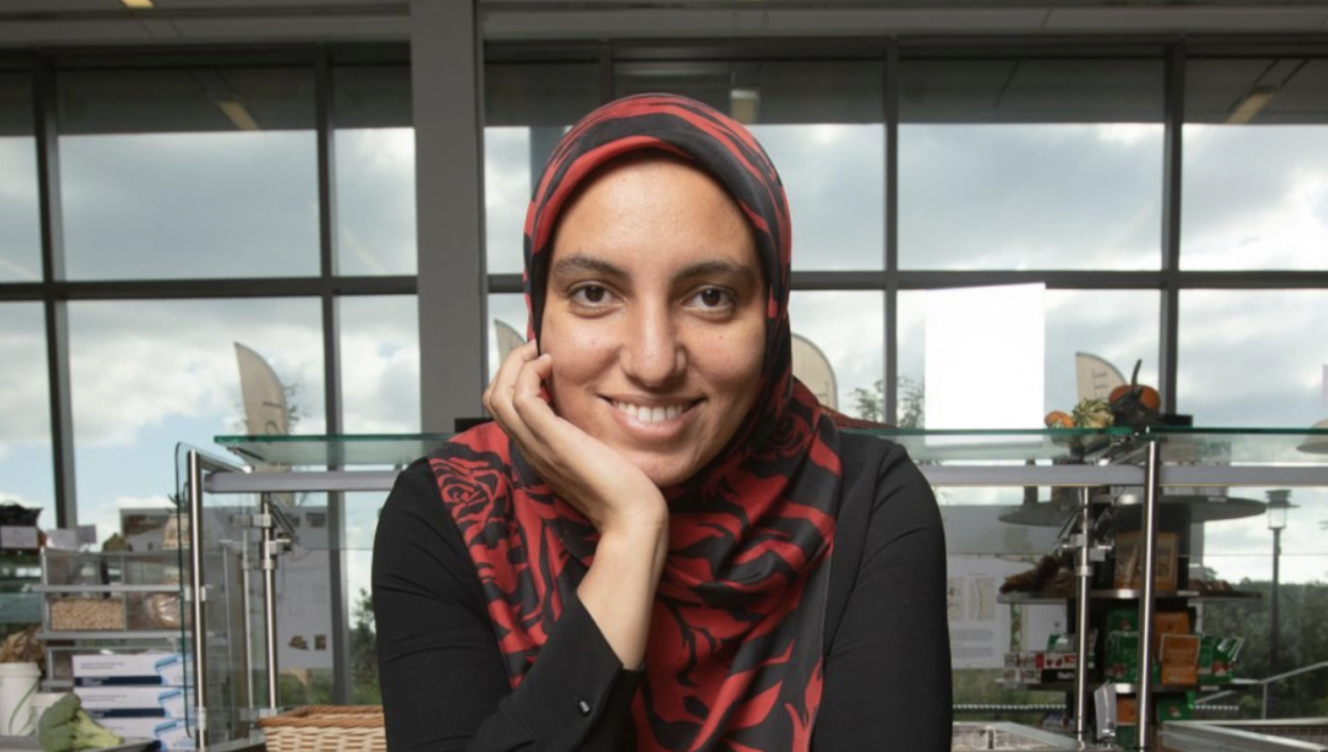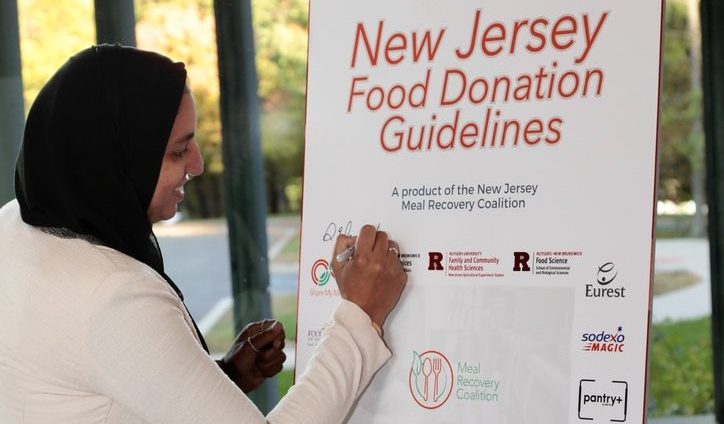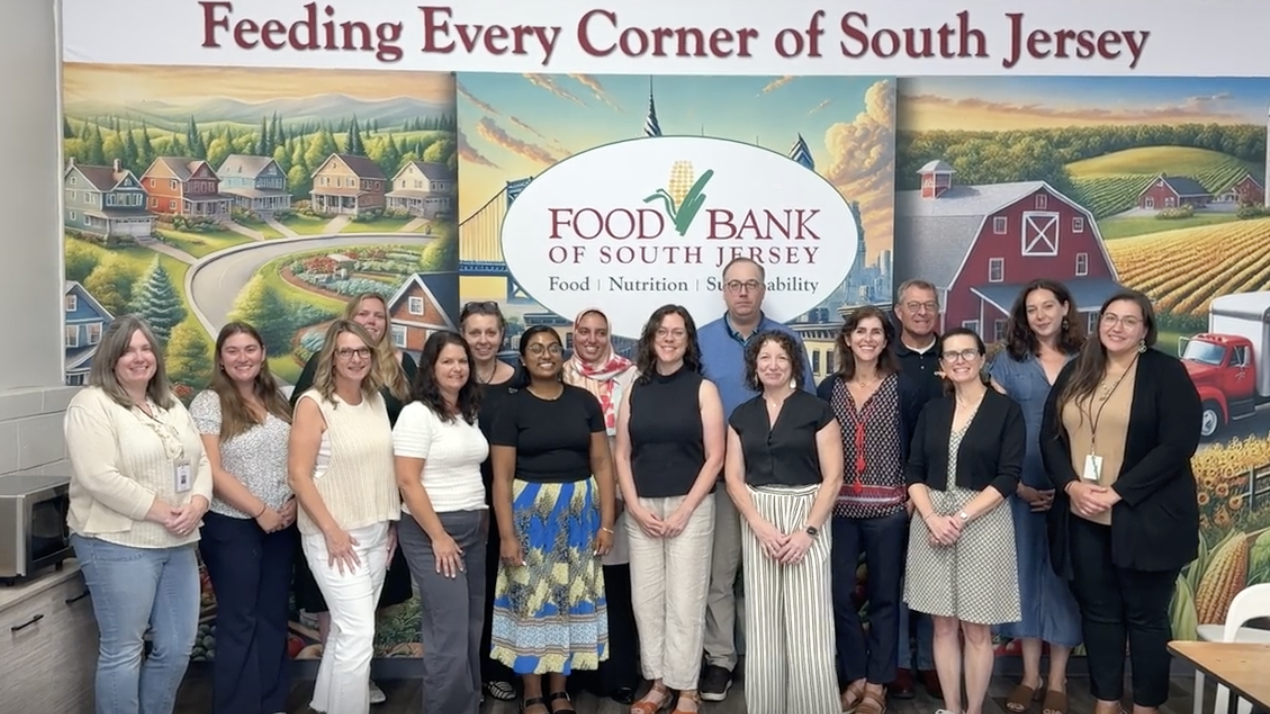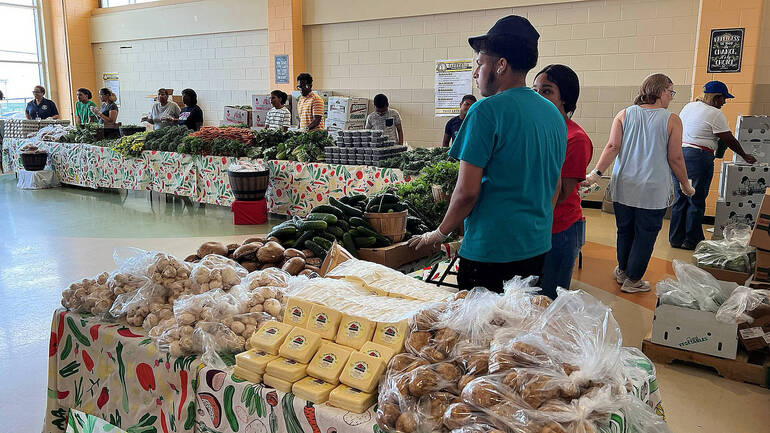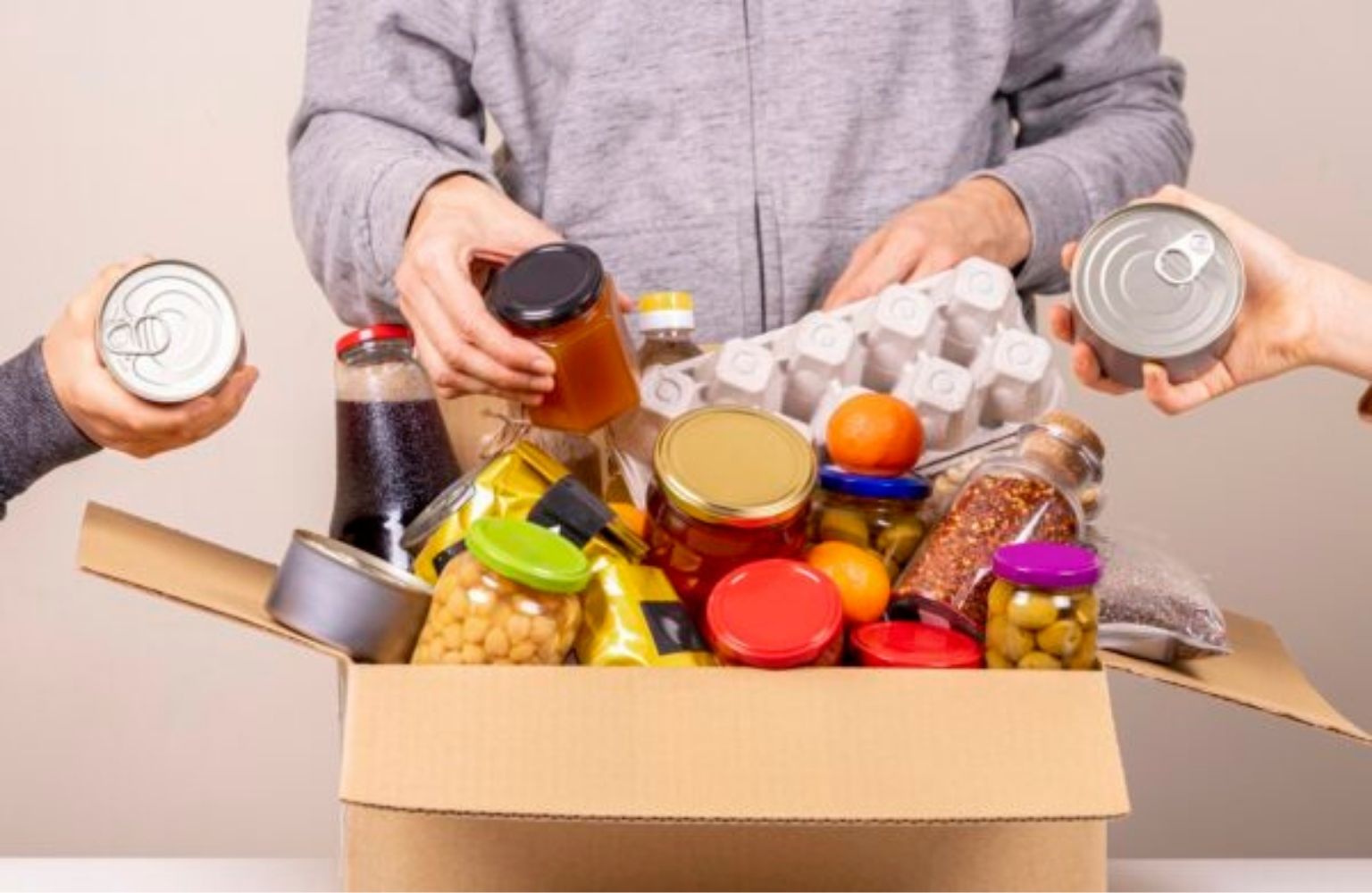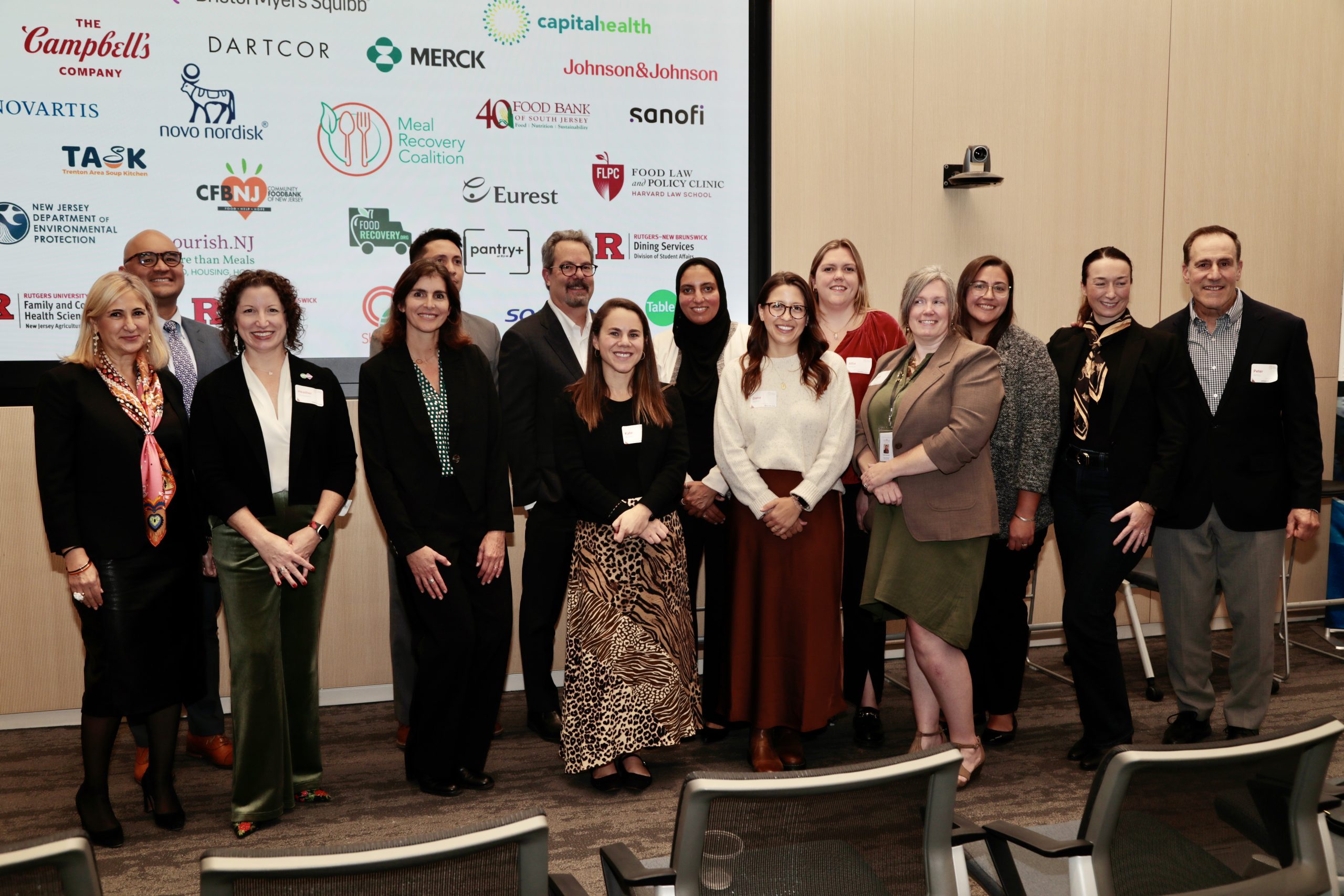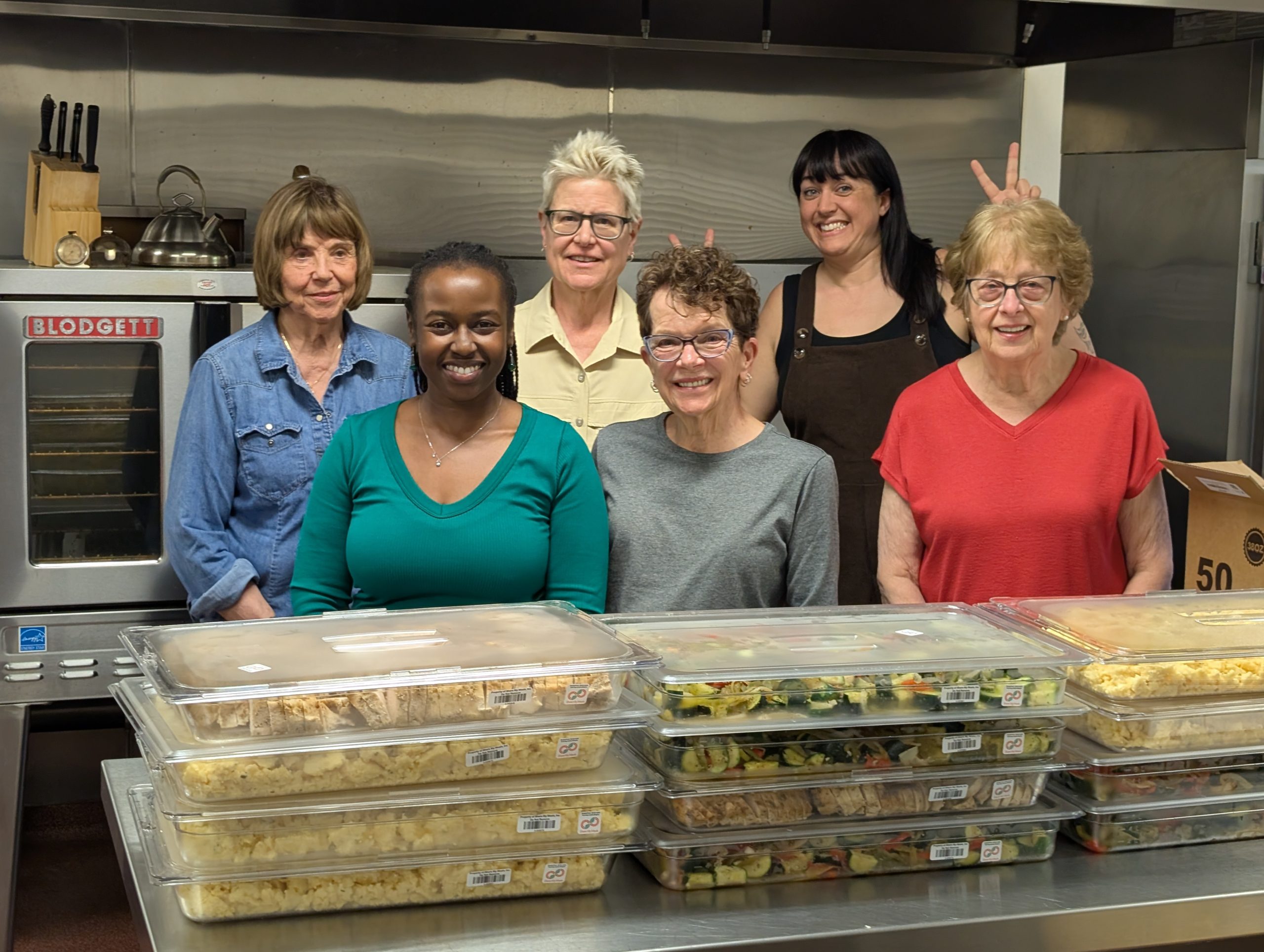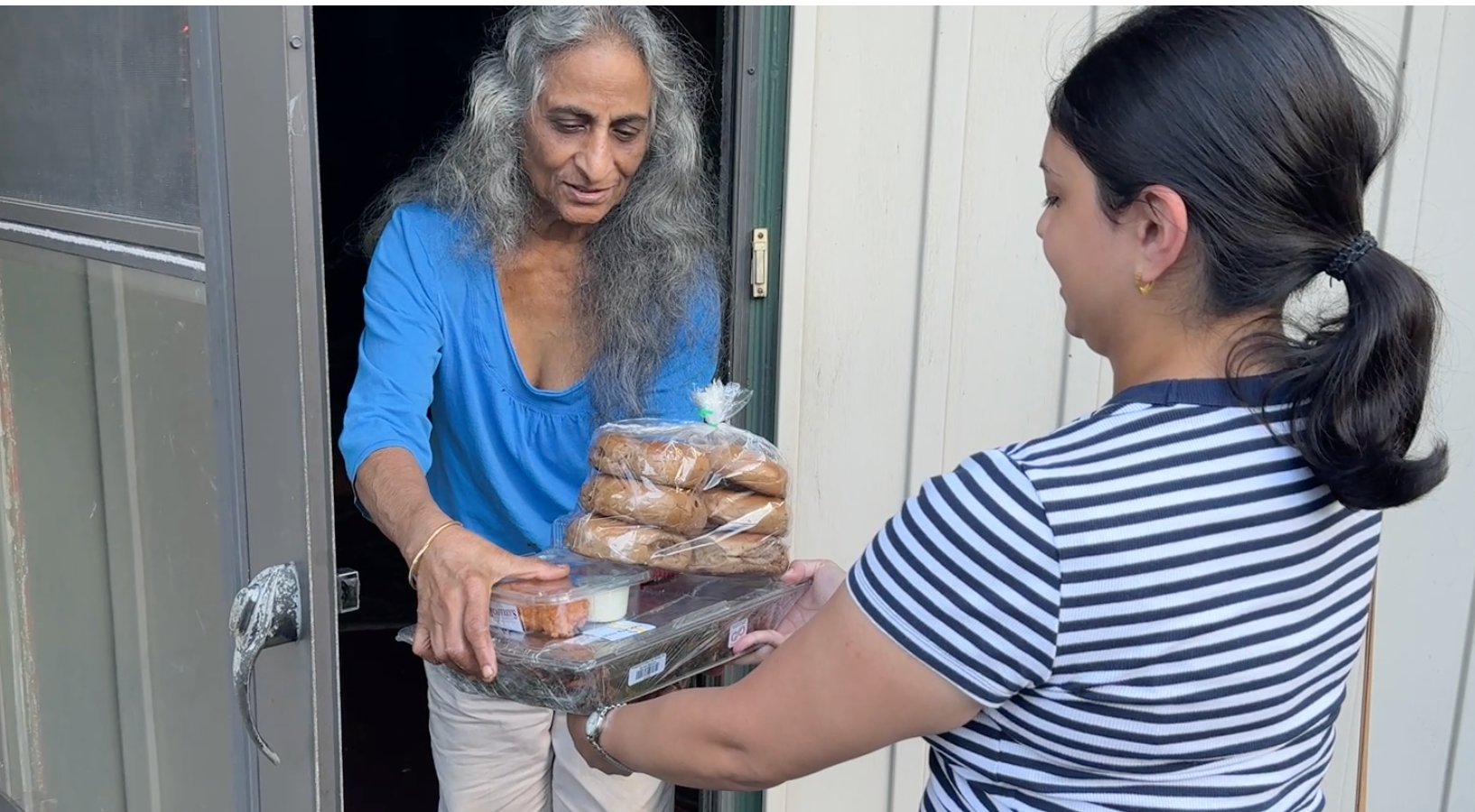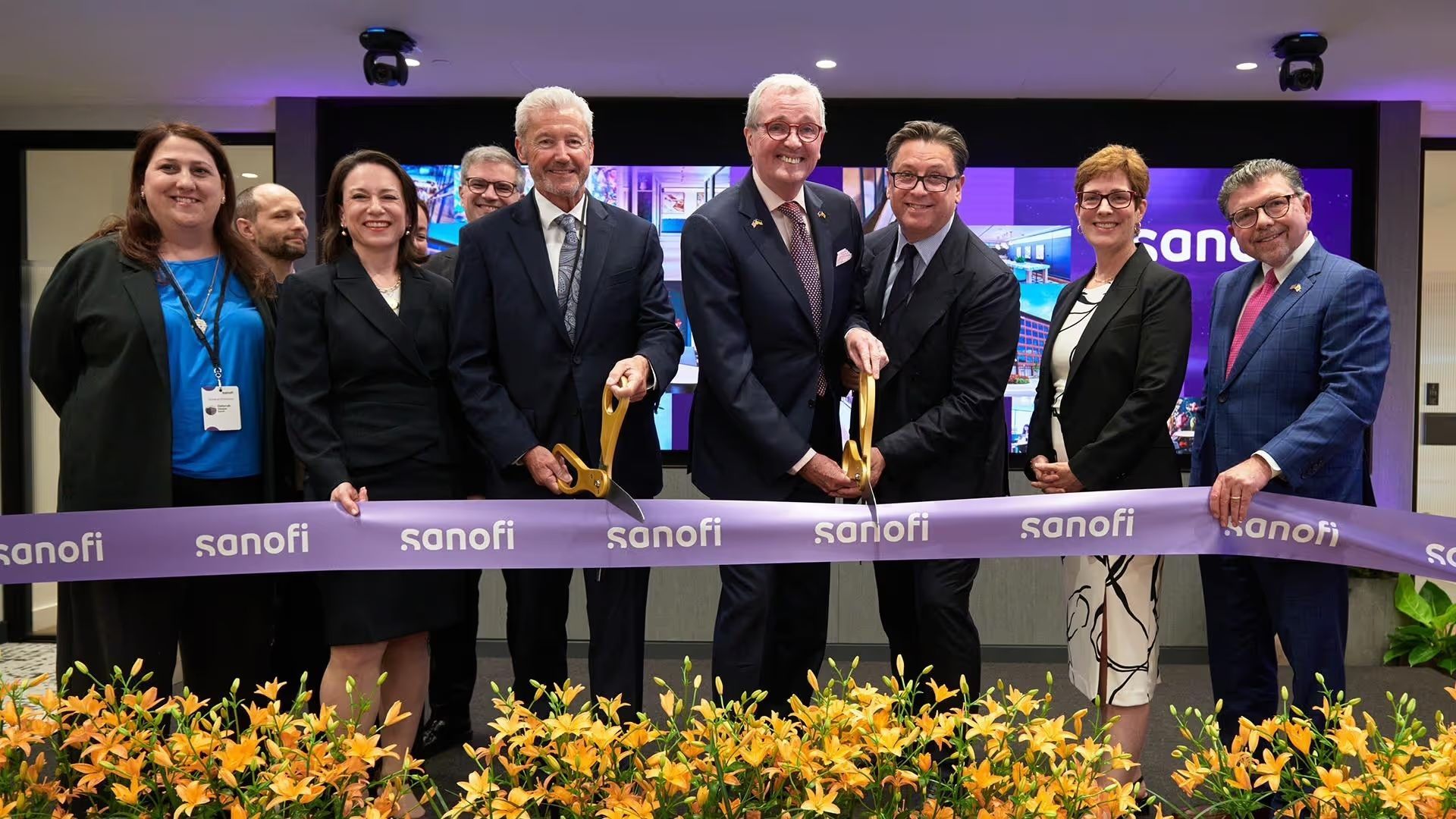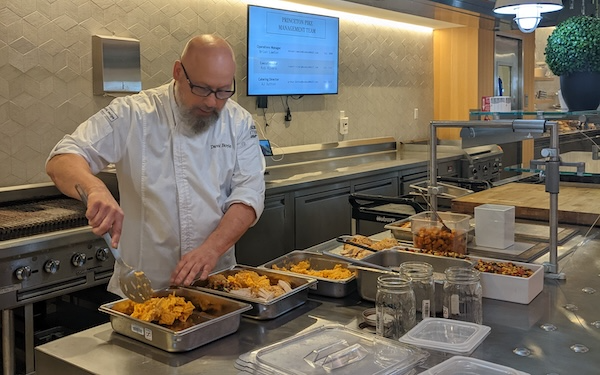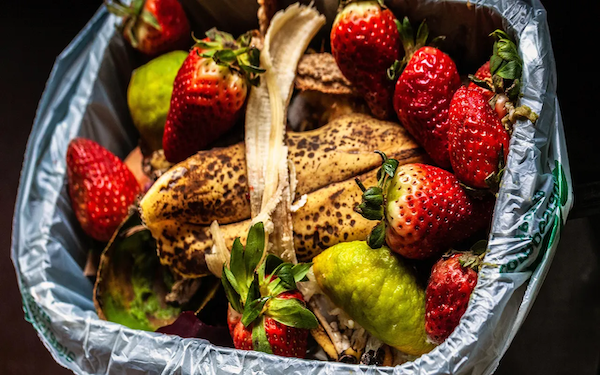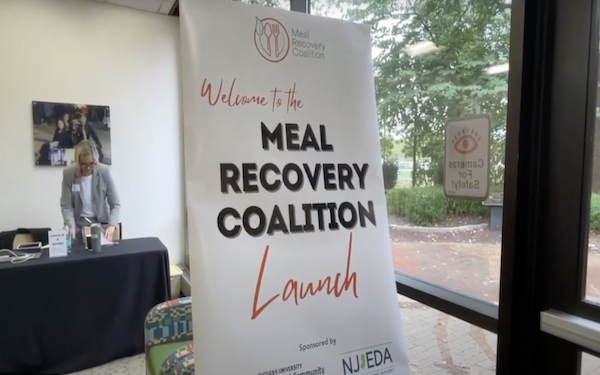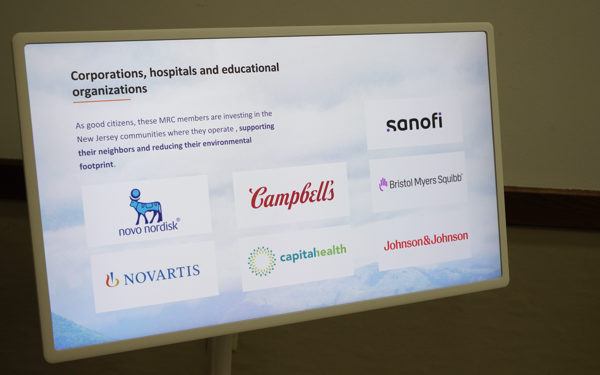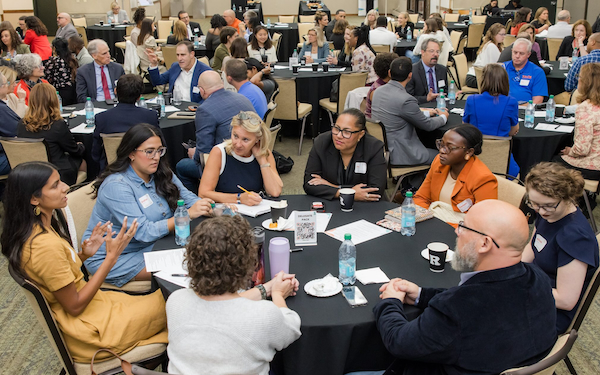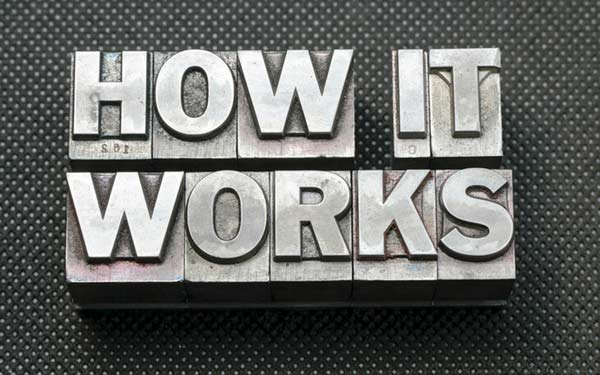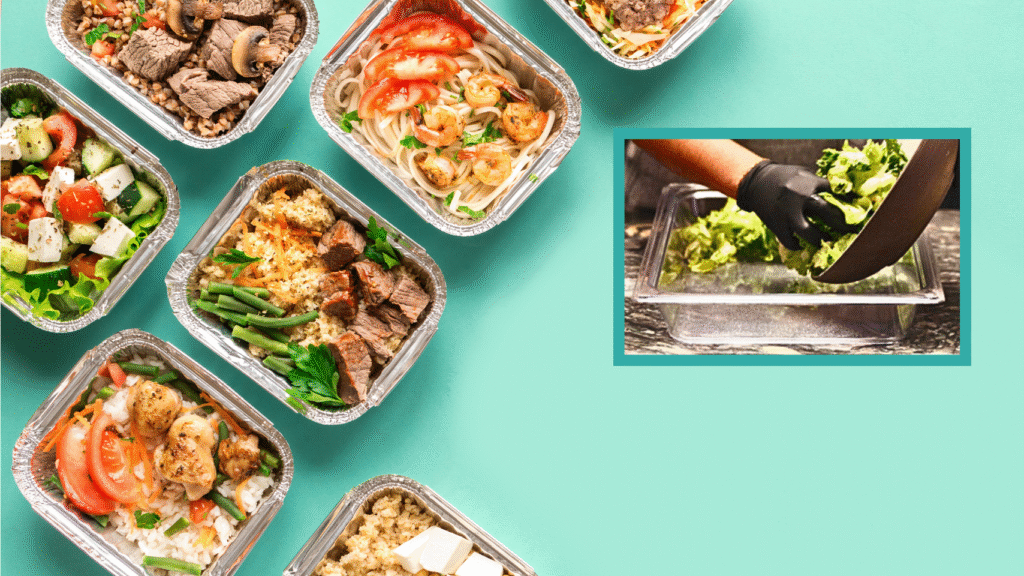
Meal Recovery Coalition
AN INNOVATIVE Food System for New Jersey
WHAT IS MEAL RECOVERY?
Meal recovery is an innovative approach to addressing the significant issues of food insecurity and food waste.
Everyday, thousands of healthy meals prepared in corporate and other large cafeterias and food service programs are uneaten and sent to landfills, where they generate greenhouse gases and impact the environment.
Meal recovery programs collect the surplus meals from cafeterias and food service providers and deliver them directly to local families in need at their homes or through a network of community partners.
Meal recovery complements the efforts of traditional food resources such as food pantries and community kitchens, and substantially increases the amount and types of healthy food available to those who are hungry in our communities.
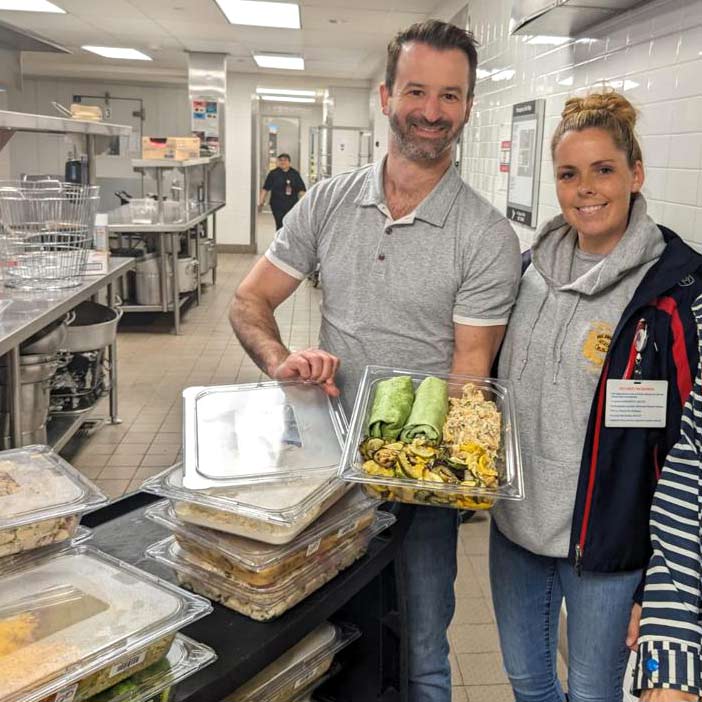

Introducing THE MEAL RECOVERY COALITION
An innovative new alliance, the Meal Recovery Coalition (MRC) brings together New Jersey corporations, hospitals and educational institutions, government entities, nonprofit organizations and individual volunteers, to work together to make meal recovery the norm in New Jersey.
Ambitious GOALS in New JersEY
The Meal Recovery Coalition estimates that 5 million prepared meals each year are sent to landfills from large cafeterias and event venues.
In 2024, NJ food rescue organizations collectively recovered 774,505 prepared meals. (Table to Table, Food Recovery.org and Share My Meals).
Ambition in 2025 is to recover 1M meals collectively.
MRC members are working to enable the recovery of 5 million meals per year that will complement existing food emergency efforts.
Ultimately, The MRC strives to recover all the excess prepared meals, increasing the food resources available to fight food insecurity and make meal recovery the norm in New Jersey.

NEW JERSEY FOOD DONATION GUIDELINES
The New Jersey Food Donation Guidelines are the MRC’s flagship initiative to make food donation safer, easier, and more widely practiced across New Jersey. Developed with input from public health experts, nonprofit leaders, and food service professionals, these guidelines provide clear, practical steps for safely recovering surplus meals and ensuring they reach neighbors in need.
The work group includes representatives from the New Jersey Department of Health, New Jersey Department of Environmental Protection, Rutgers University, Harvard Law School Food Law and Policy Clinic, Share My Meals, Food Bank of South Jersey, Community FoodBank of New Jersey, Table to Table, Trenton Area Soup Kitchen (TASK), Sodexo, Compass Group, Flik Hospitality Group, Dartcor Food Services, Root Nine Baking Co., MEND, and others.
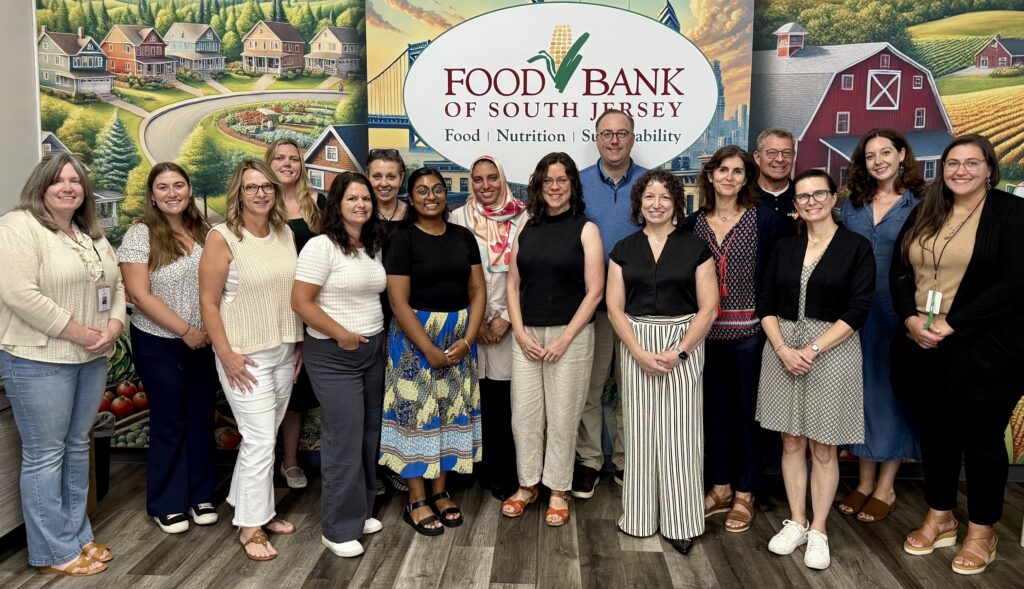
New Jersey Residents face hunger daily
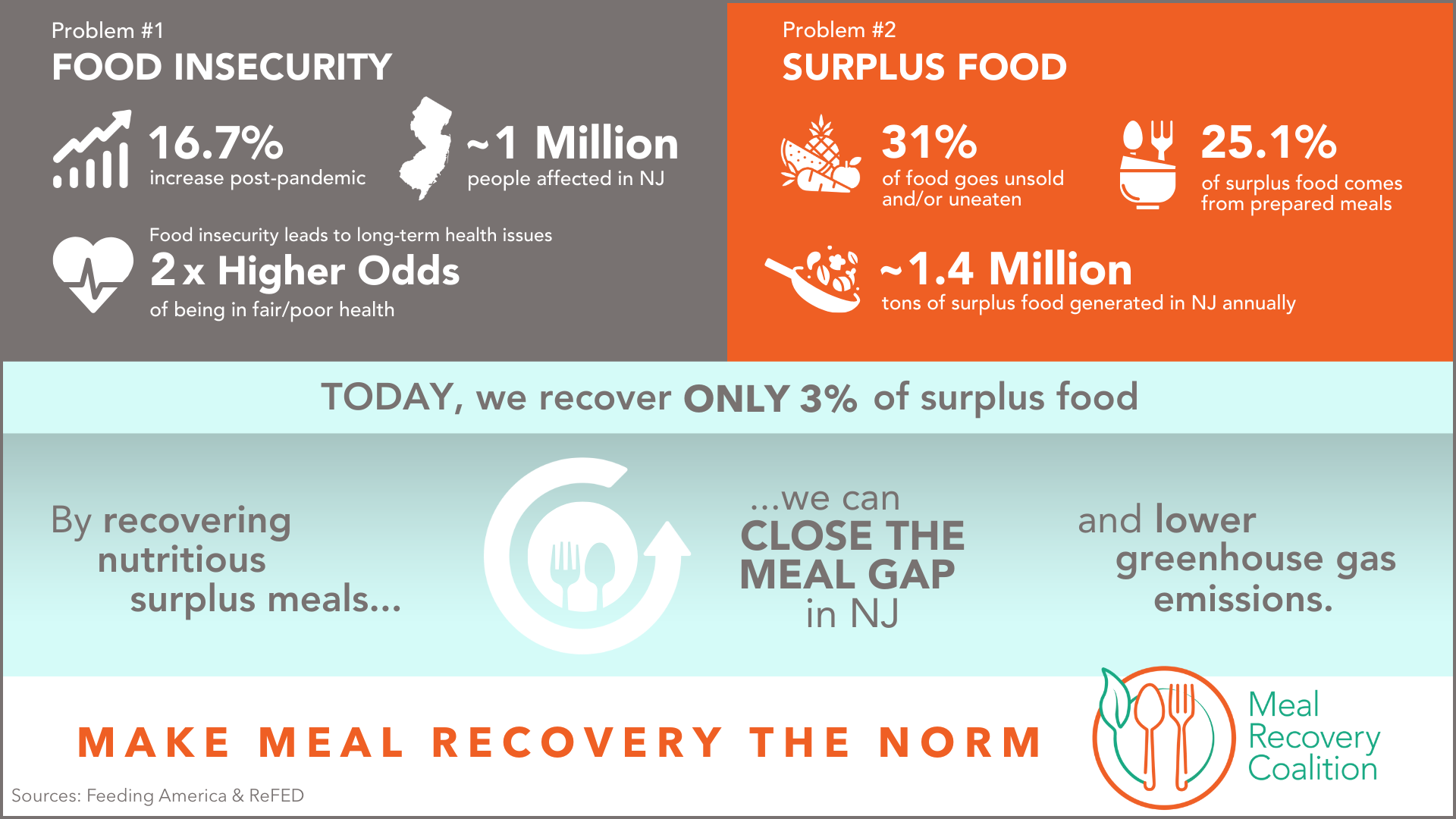
The Meal Recovery Coalition
MEMBERS AND PARTNERS
Meal recovery is complex. It requires food donors, volunteers, recipients, and nonprofits to all work together daily to cooperate and make this supply chain operate. The MRC is bringing together a broad coalition of stakeholders, including public and private entities, to take meal recovery statewide and make significant progress in addressing food insecurity in New Jersey.

Meal Recovery Coalition Members
These MRC members are investing in the New Jersey communities where they operate, supporting their neighbors and reducing their environmental footprint.
Partners and Sponsors
These partners share our vision of a resilient, sustainable food ecosystem in New Jersey and play a key role in making meal recovery the norm.
Public Sector
Policymakers, government officials, and regulatory agencies focused on addressing food insecurity and positively impacting on the environment are working to make meal recovery the norm. The New Jersey Economic Development Authority has been a founding sponsor of the Meal Recovery Coalition as an innovative, cost effective, and environmentally friendly approach to combating food insecurity.
Striving to Make Meal Recovery the Norm in New Jersey
The Meal Recovery Coalition is working to grow meal recovery statewide by:
- Raising Awareness
Elevating the profile of meal recovery as a complementary food source to boost supply for the food insecure.
- Fostering Collaboration
Encouraging cooperation among private, nonprofit, and government stakeholders to extend the reach of meal recovery initiatives.
- Building a Scalable Model
Developing a sustainable and scalable model that can be replicated nationwide.
___________
The MRC is thinking beyond New Jersey and will create a template for meal recovery that is replicable in other states and countries.
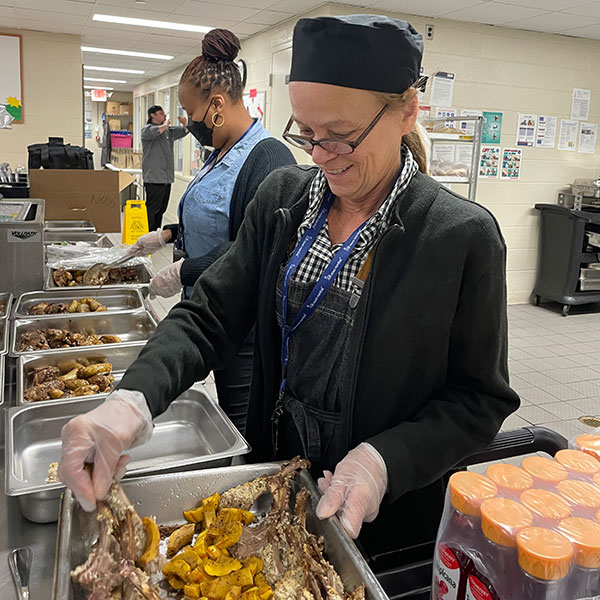
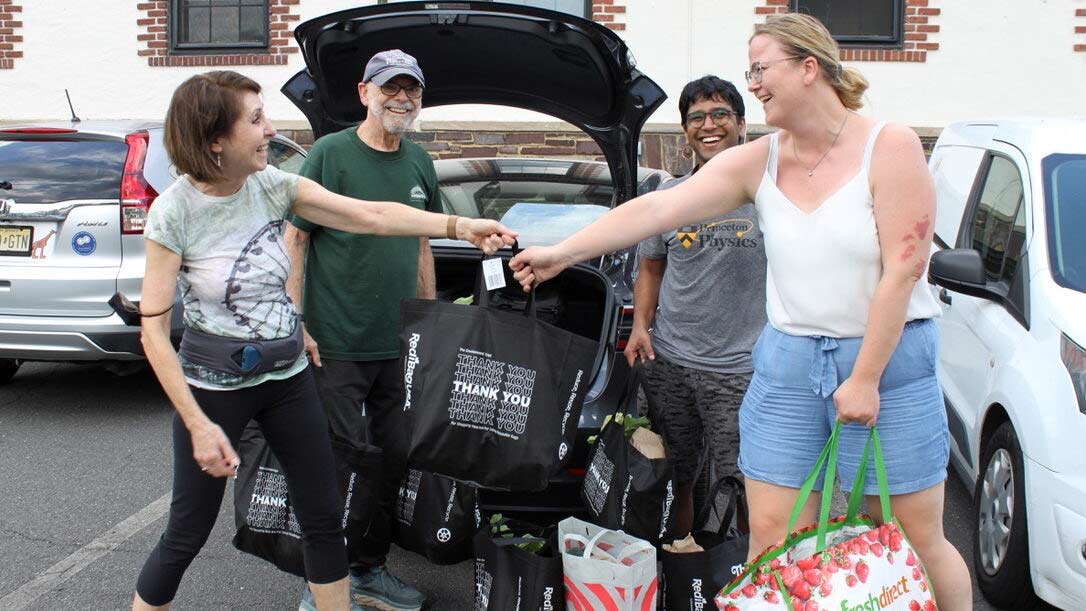
The Meal Recovery Coalition is proud to collaborate with Share My Meals (a New Jersey-based nonprofit meal recovery organization that has led the development of robust processes and an integrated technology platform needed to safely implement meal recovery at a previously inconceivable scale) and peer organizations like Table to Table and Foodrecovery.org.
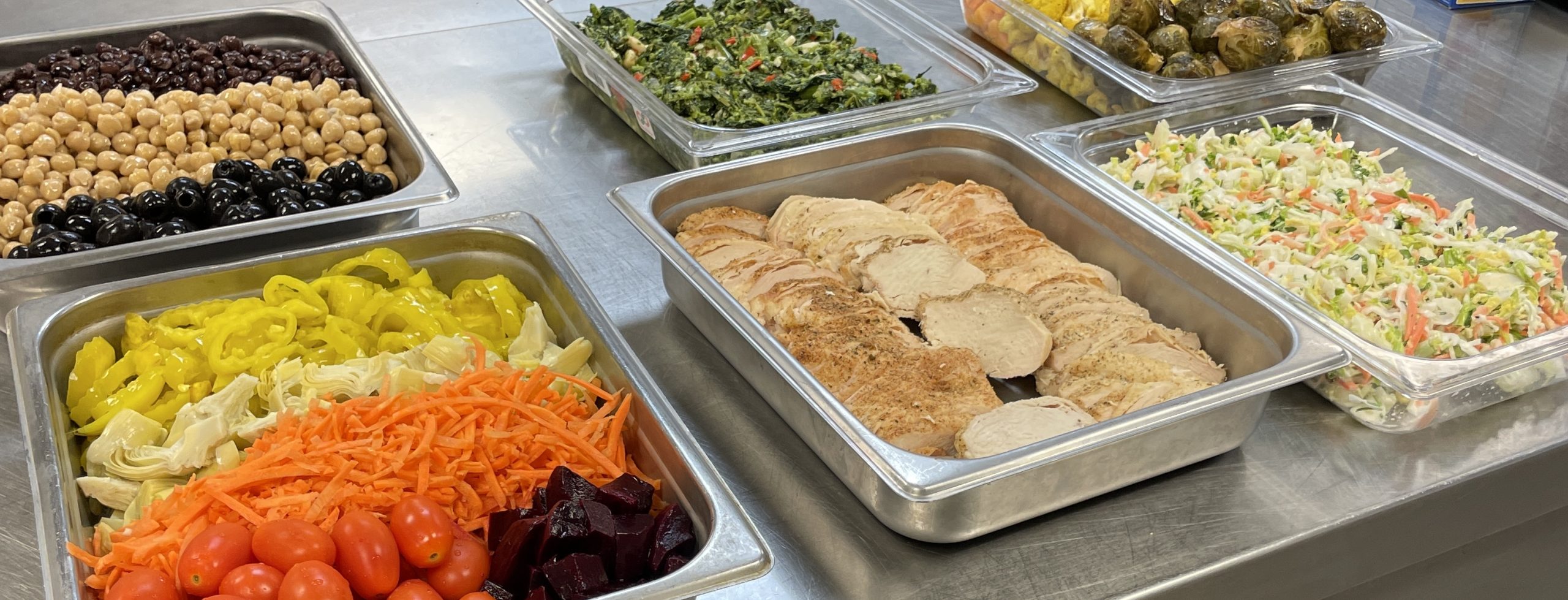
Meal Recovery is making an Impact
The Meal Recovery Coalition is tracking its impact by recording the number of meals provided to the hungry and the amount of food waste pollution averted.
Meal Recovery Coalition Impact
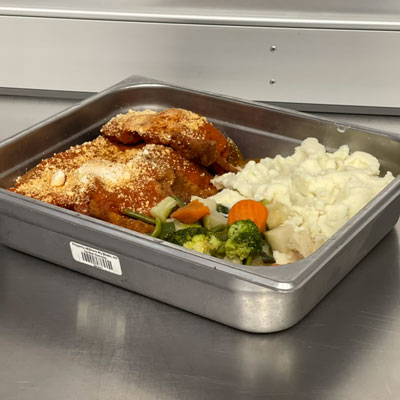
774,405
Number of meals served
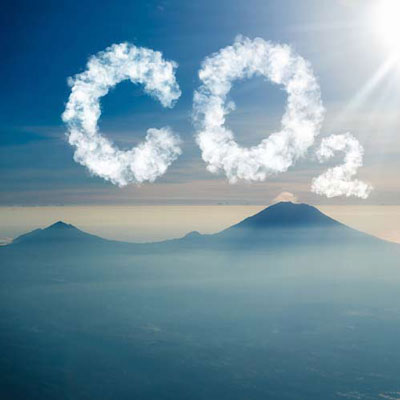
1,764 MT
Metric tons of CO2 eq emissions averted
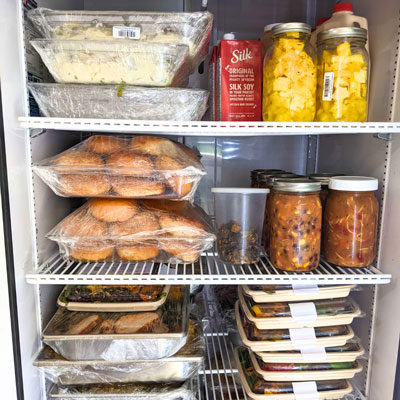
929,406 lbs
Equivalent pounds of food recovered
SCALING MEAL RECOVERY STATEWIDE
To achieve its goal of recovering the estimated 5 million surplus prepared meals, the MRC is recruiting more corporate, educational and healthcare members with large cafeterias, along with other food service providers. They are working with nonprofits in their communities to deliver the meals to those in need. And they are connecting with government officials to make meal recovery the norm across the state.

This business-driven, statewide meal recovery initiative has the potential to bring meaningful change to the citizens of New Jersey—and the rest of the nation.
MEDIA
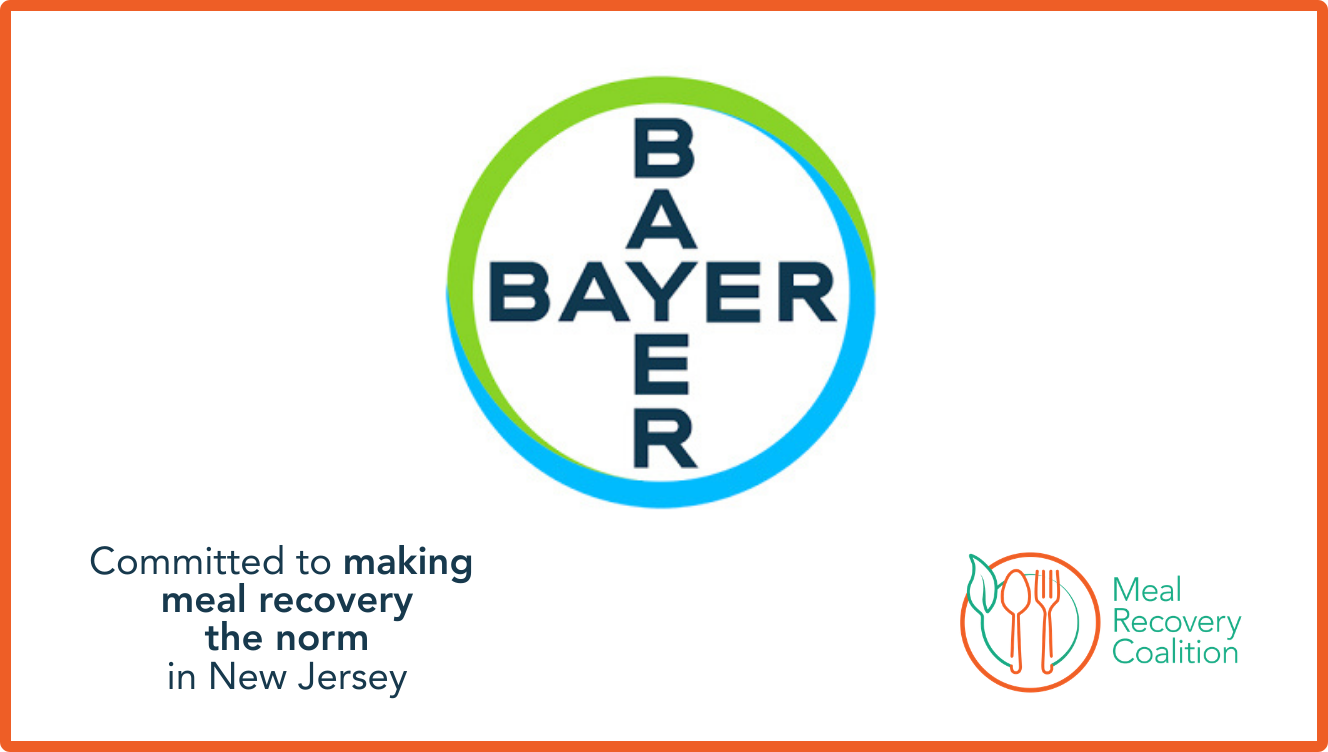
Global Life Sciences Company Bayer Joins the Meal Recovery Coalition
Patch Online – February 16, 2026
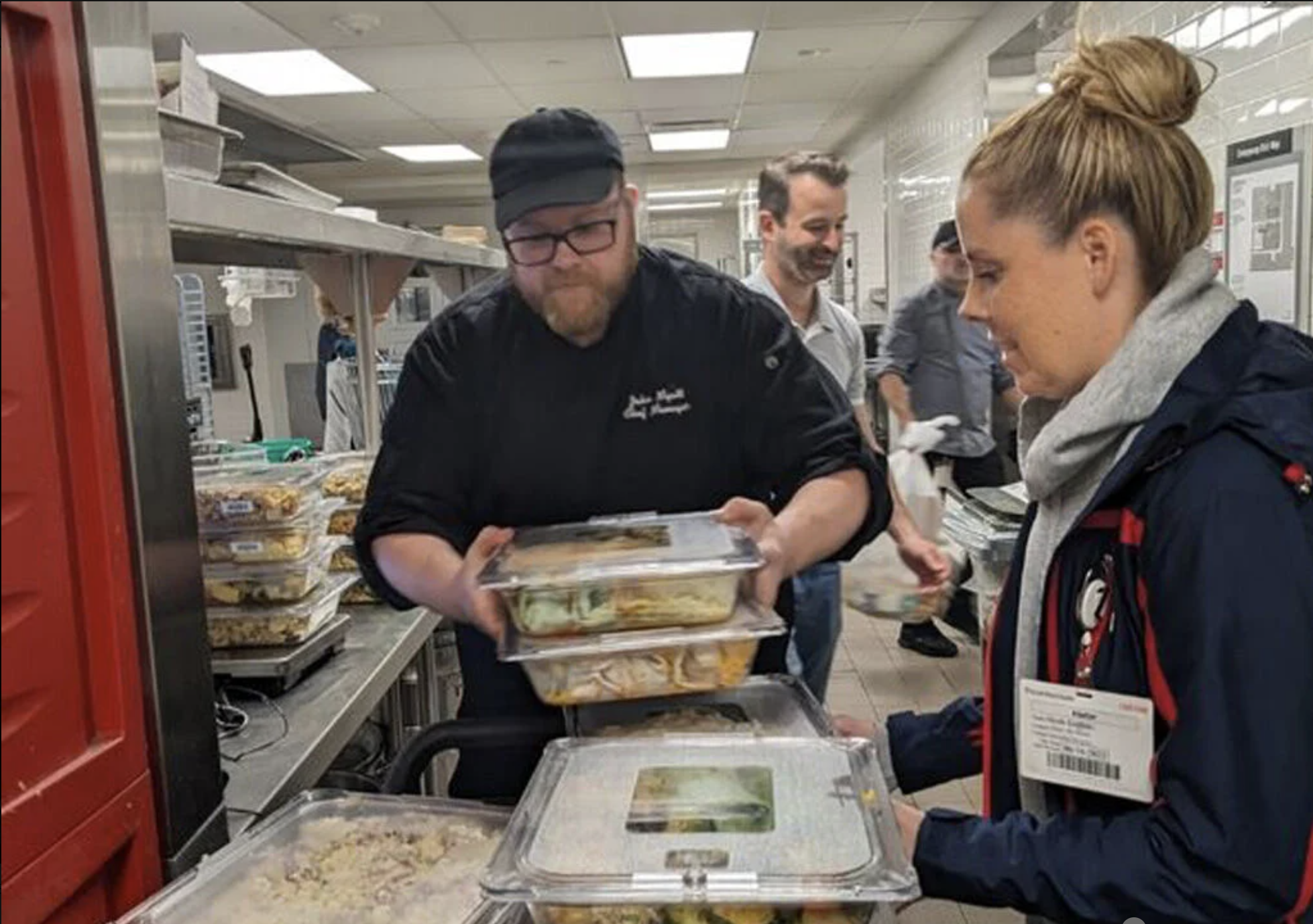
MRC Partner, Share My Meals, Reached a Milestone 500,000 Recovered Meals
Community News – February 10, 2026

Meal Recovery Coalition Co-Chair, Hélène Lanctuit, Interviewed by Real Woman Online
Real Woman Magazine – Winter 2026 Issue
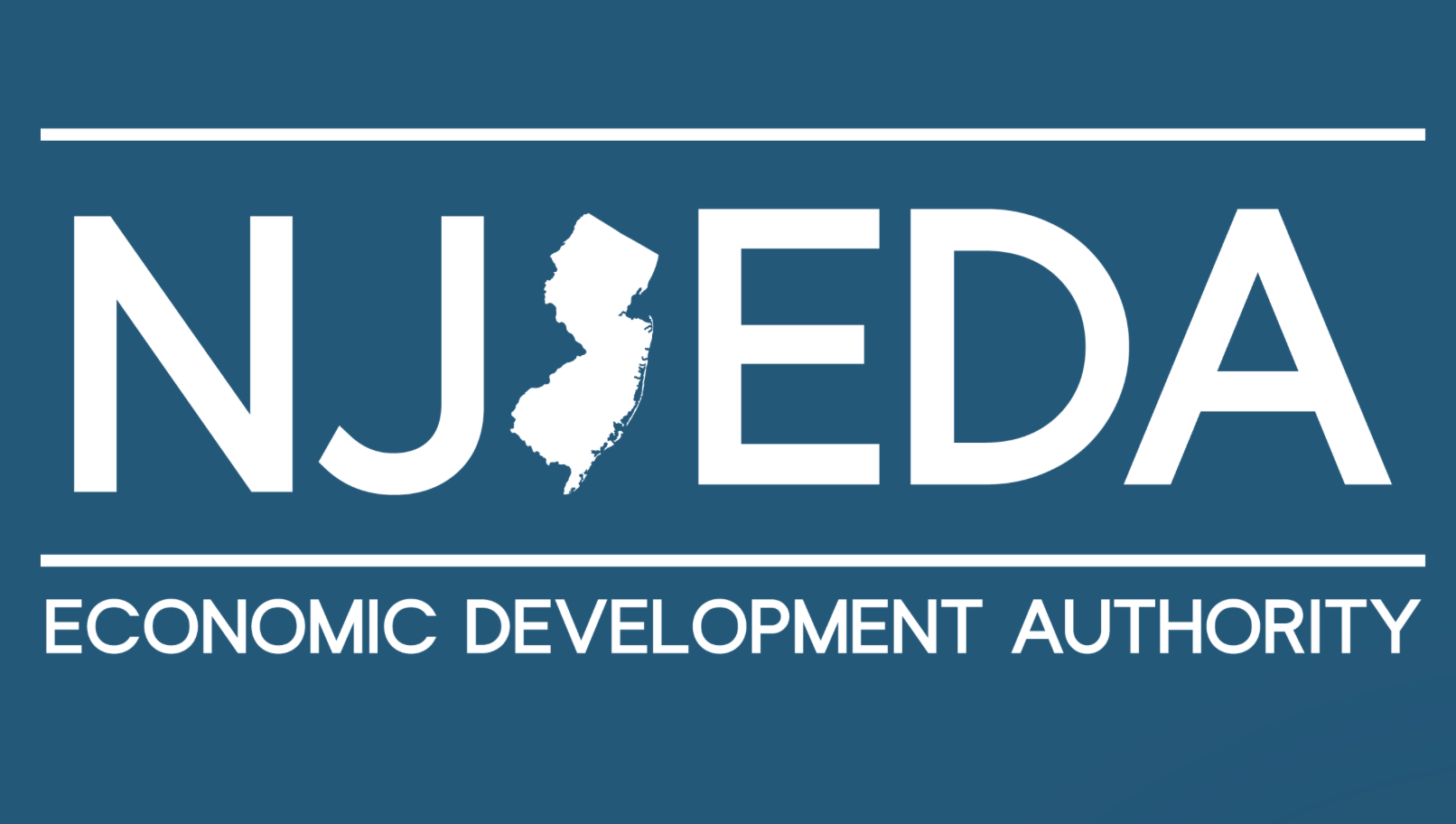
NJEDA Board Approves over $20M in Grants to 50 Organizations to Strengthen Food Security in NJ’S Top Food Desert Communities
NJDEA.gov – November 14, 2025
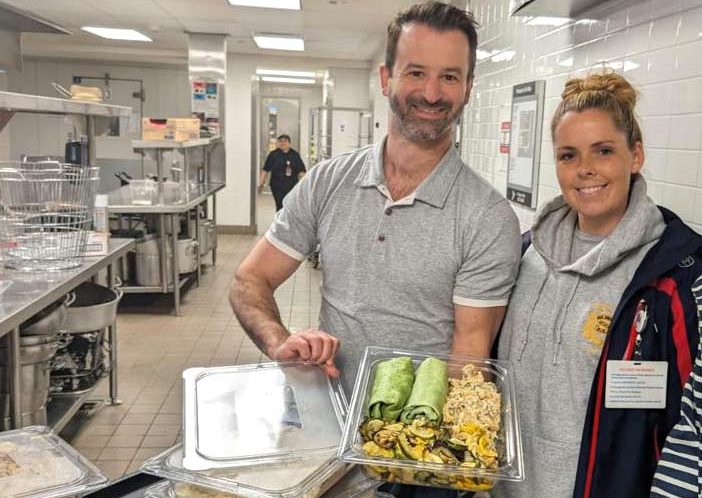
Can’t Afford to Waste Another Meal
BINJE – May 20, 2025
